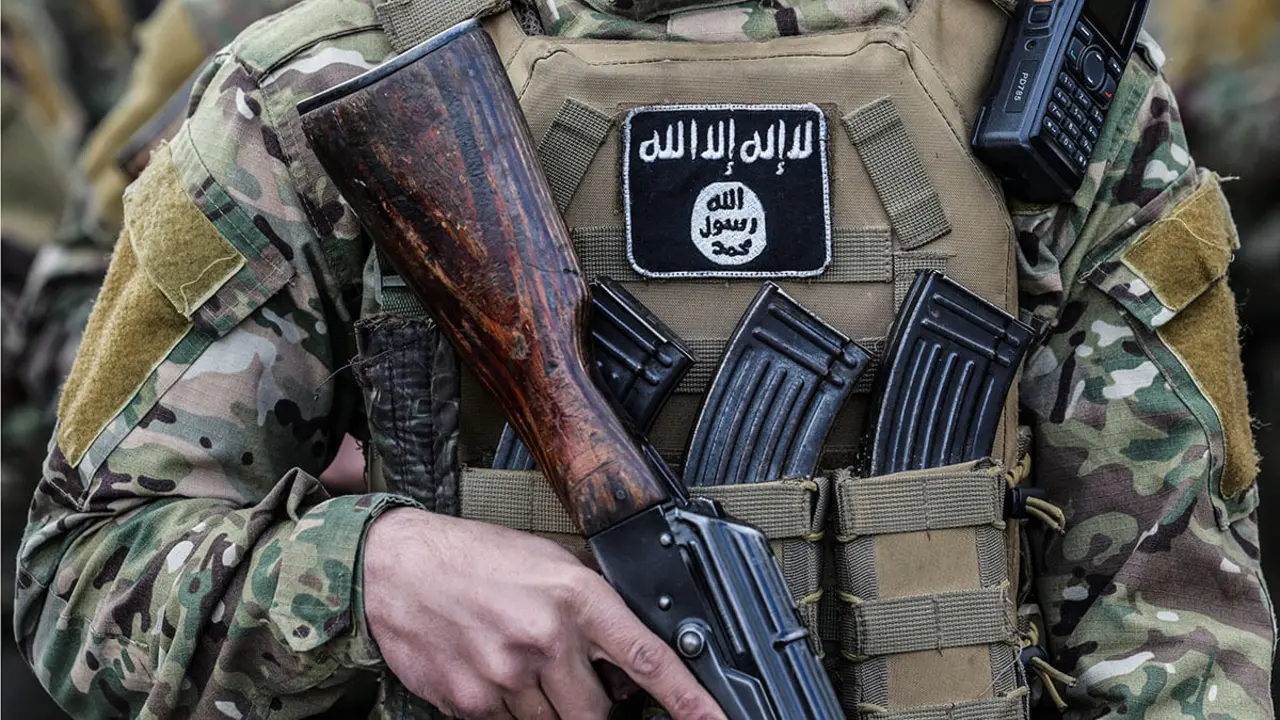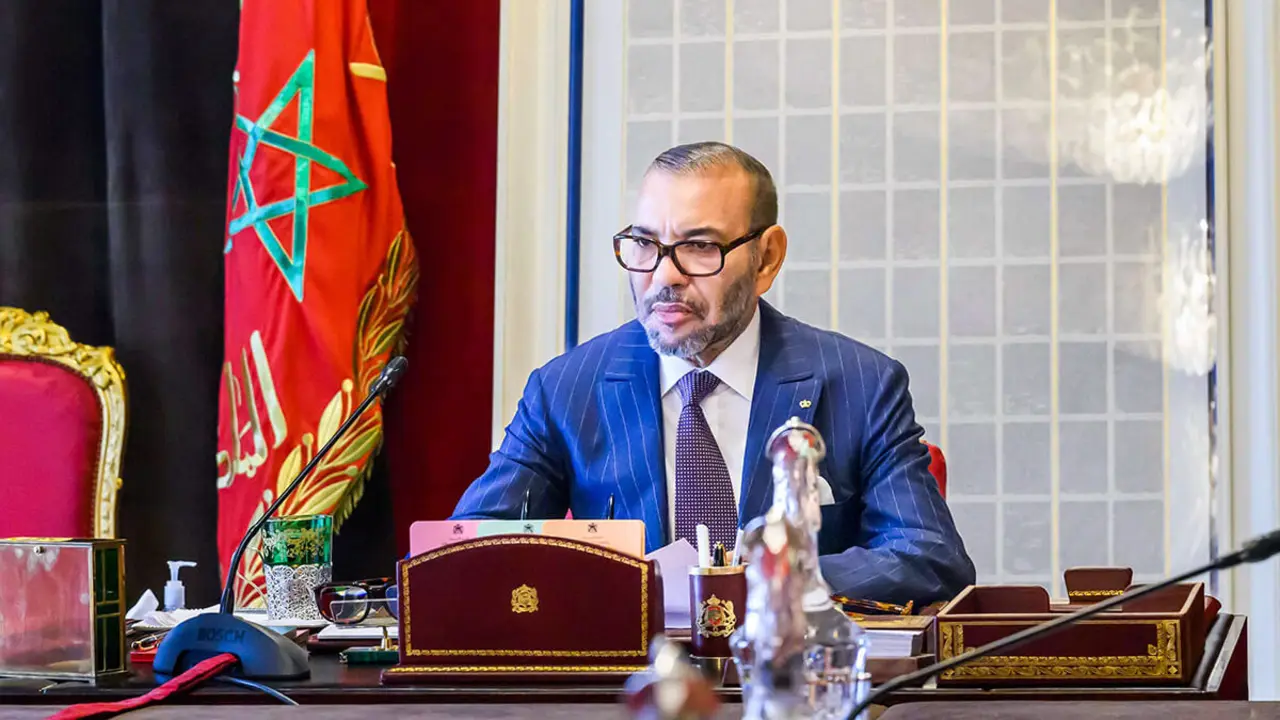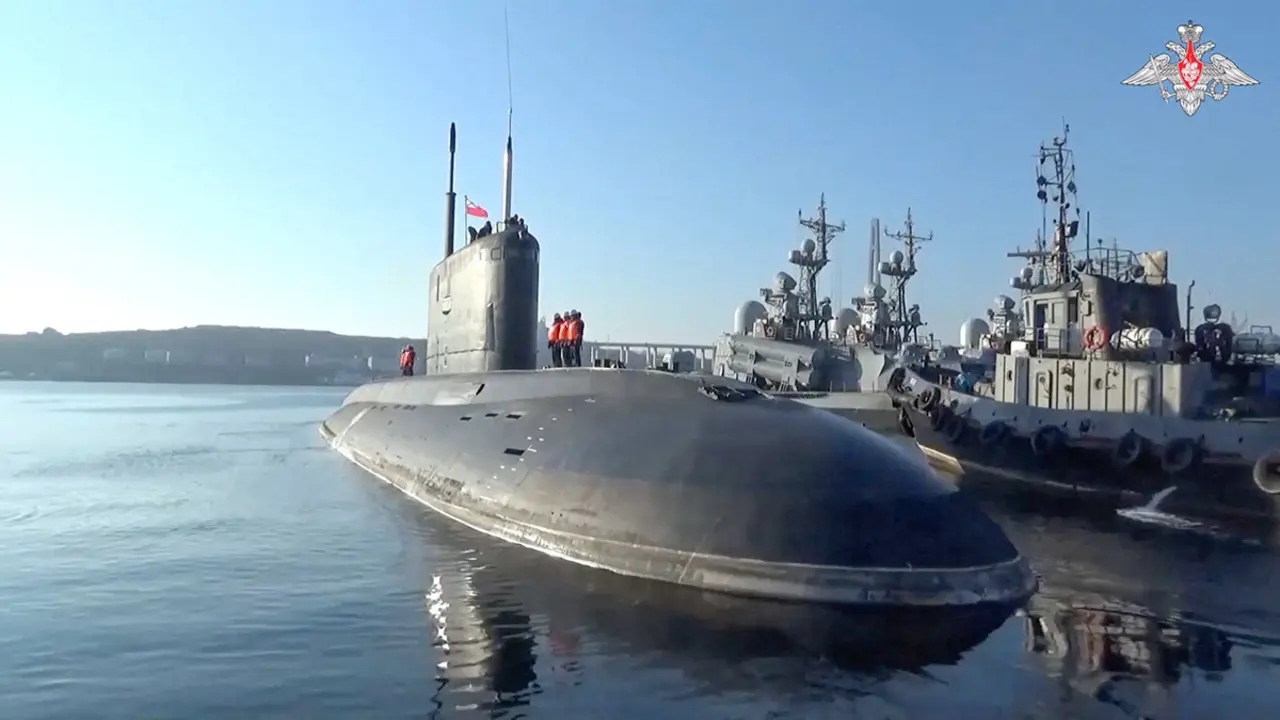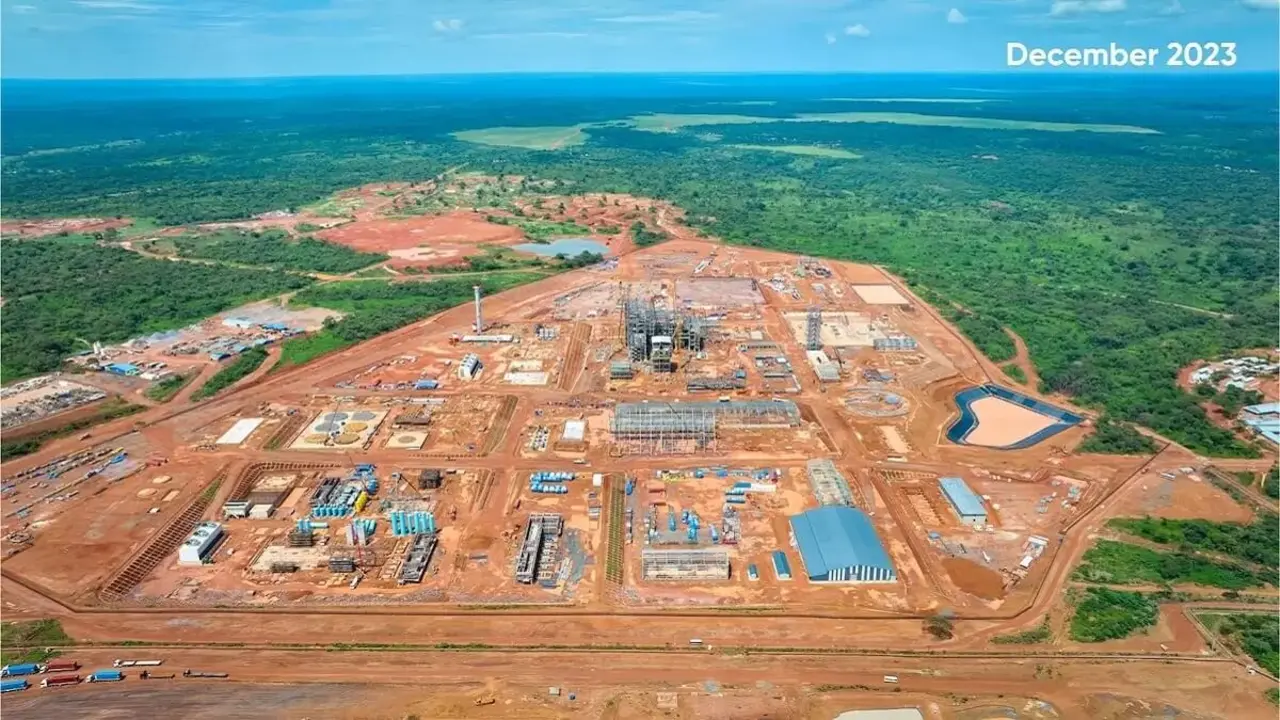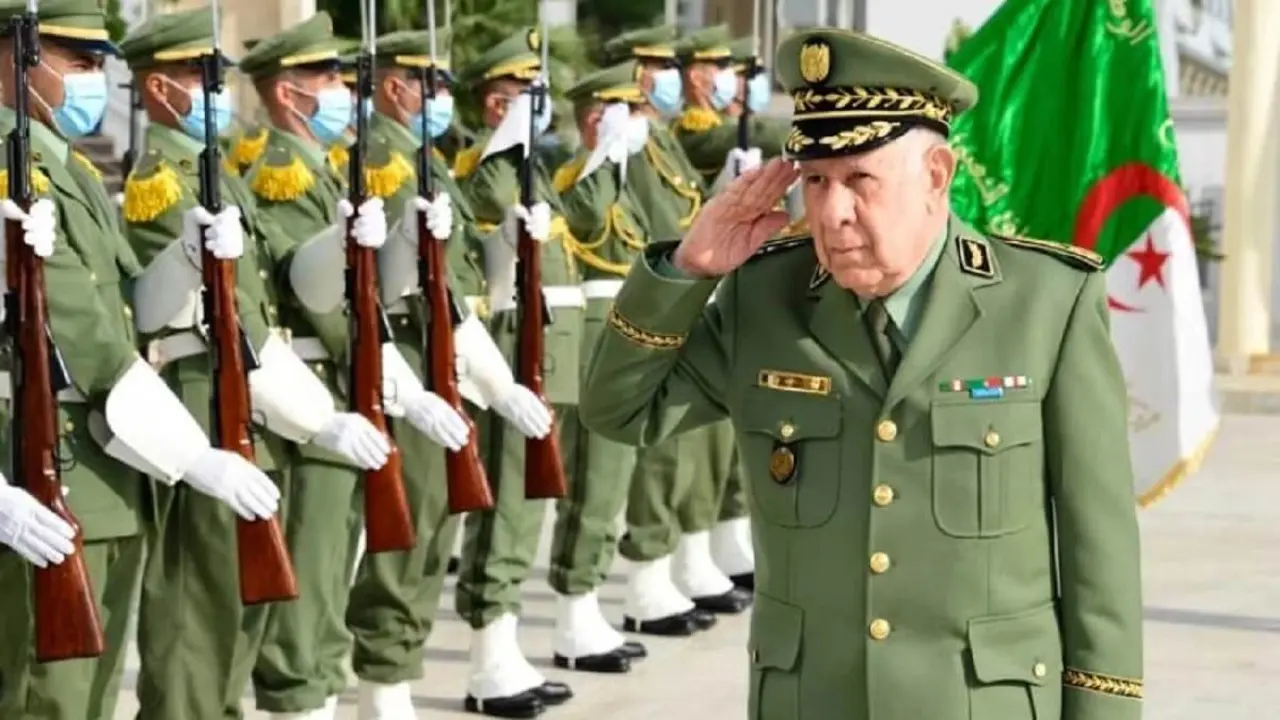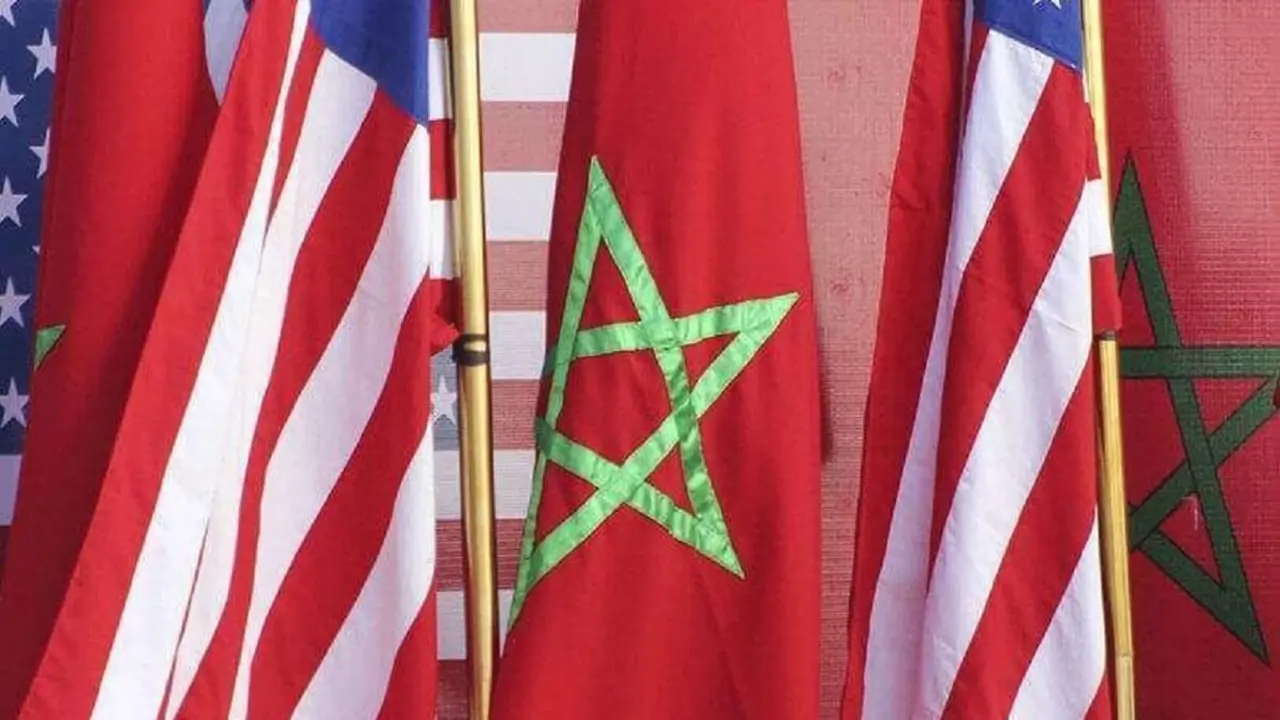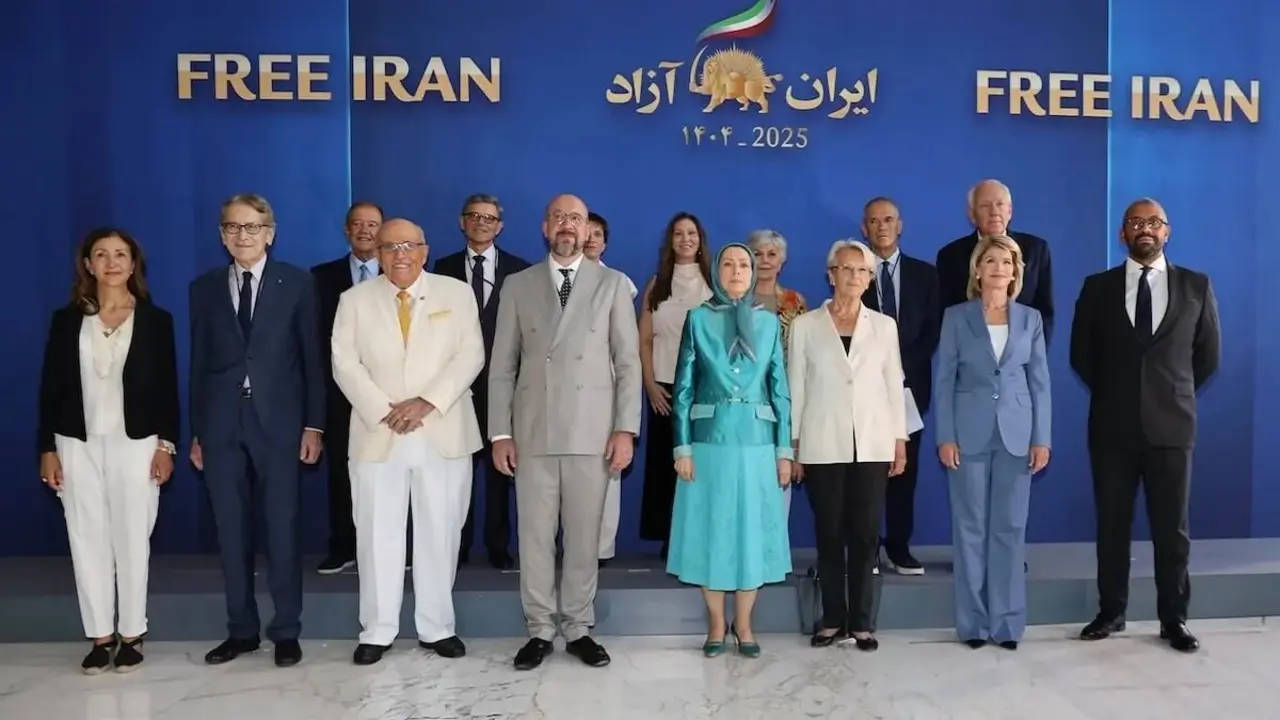Rebels take over a mining town in Central African Republic
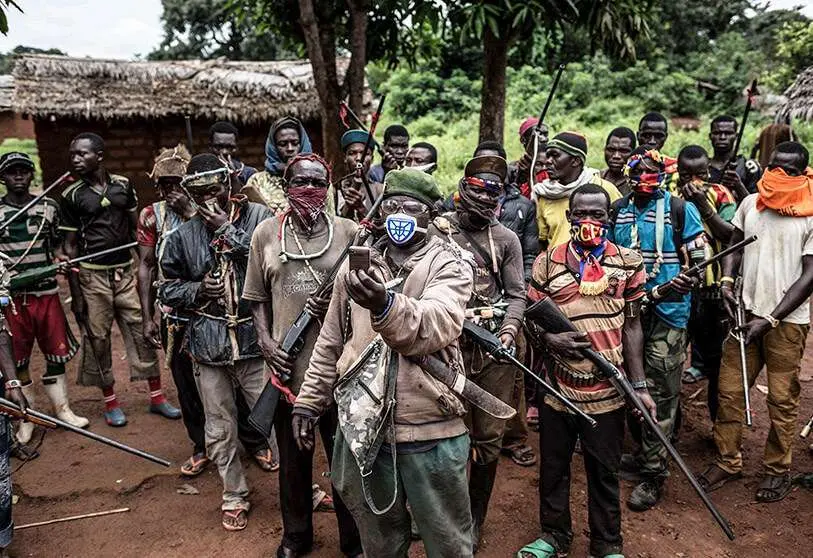
Hostilities in the Central African Republic continue unabated. Over the past weekend there have been two new attacks by the rebels of the Coalition of Patriots for Change (CPC), who rose up against Faustin Touadera's government at the beginning of December and were accused of attempting a coup d'état with the political support of former President Bozizé.
The attacks are said to have taken place in the towns of Damara and Bangassou, with different results. In the case of the attack on Damara, some 80 kilometres north of the capital, the CPC sought to give symbolism to its advance, since that locality is the bastion of the current president, pending the final results of the past elections. MINUSCA, however, was able to repel the attack in this case, according to members of the United Nations mission.
The result was different for Bangassou. According to the head of MINUSCA's regional office in the city, Rosevel Pierre Louis, the rebels would control this important mining town after the attack in the early hours of Sunday morning. Bangassou is an attractive target, as it has a diamond mine.
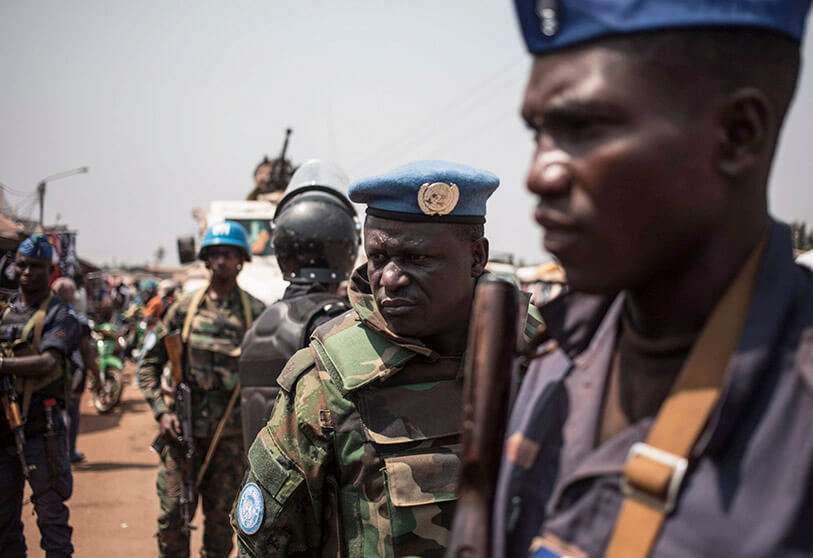
If the attack on Damara made political sense, the attack on this city makes economic sense, and shows that the rebels' strategy is to harass the current government and, in this case, also to stifle it economically by controlling the mineral mines.
The enclave of Bangassou is further from Bangui than Damara, as it is over 700 kilometres from the Central African capital, and the CPC rebels therefore had a greater chance of success, as efforts are being concentrated on preventing the rebels from approaching the capital, as occurred in 2013, resulting in Bozizé's removal from power.
This place had already been the target of attacks on previous occasions due to the economic possibilities it offers. According to MINUSCA, the Central African troops are said to have taken refuge in the United Nations base; therefore, although there is no definitive data, at least five rebels and two members of the Central African forces have died according to the latest communiqué. Médecins Sans Frontières claims to have transferred at least another fifteen people wounded in the clashes.
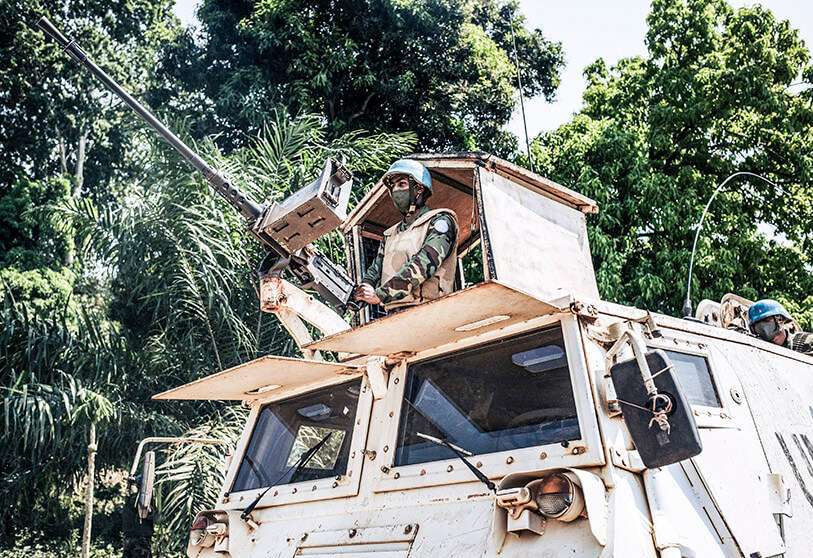
The results of the presidential election will not be official and definitive until 18 January, when it will be known whether a second round will be necessary. However, Touadera's party has already declared itself the winner, which could have incited the attacks at the weekend. Former President Bozizé's candidature was annulled by the Constitutional Court as he is accused of crimes and torture by the United Nations during his time in charge of the country.
Although Bozizé initially accepted the decision of the Central African Court, the increase in violence and the emergence of the CPC was immediately associated with him, as a way of responding to his disqualification as a candidate for the elections. François Bozizé urged the opposition coalition of which his party is a member to put forward a single candidate, but its refusal will facilitate Touadera's more than likely re-election.
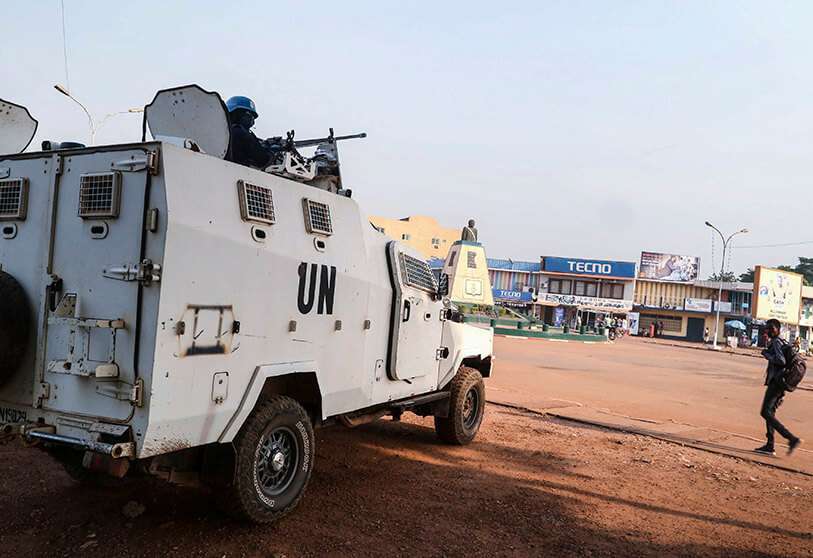
During the elections, nearly a fifth of the polling stations were unable to open owing to the violence, something which the opposition also links to the rigging by the current Central African government. The spokesman for MINUSCA, on the other hand, expressed his support for the current government and for the manner in which election day was managed, describing the opposition's accusations as false and unsubstantiated.
The Central African Republic is once again facing a period of violence after the agreements with Sélékas (Muslim) and anti-Balakas (Christian) rebel groups in recent years had brought a certain stability to the country's rural areas, which are the main victims of civil, ethnic and religious violence. This increase in violence has forced Rwanda and Russia to send troops to support the Touadera government and, in the case of the Russians, to protect the interests of the state companies that are exploiting the country's mineral resources.

